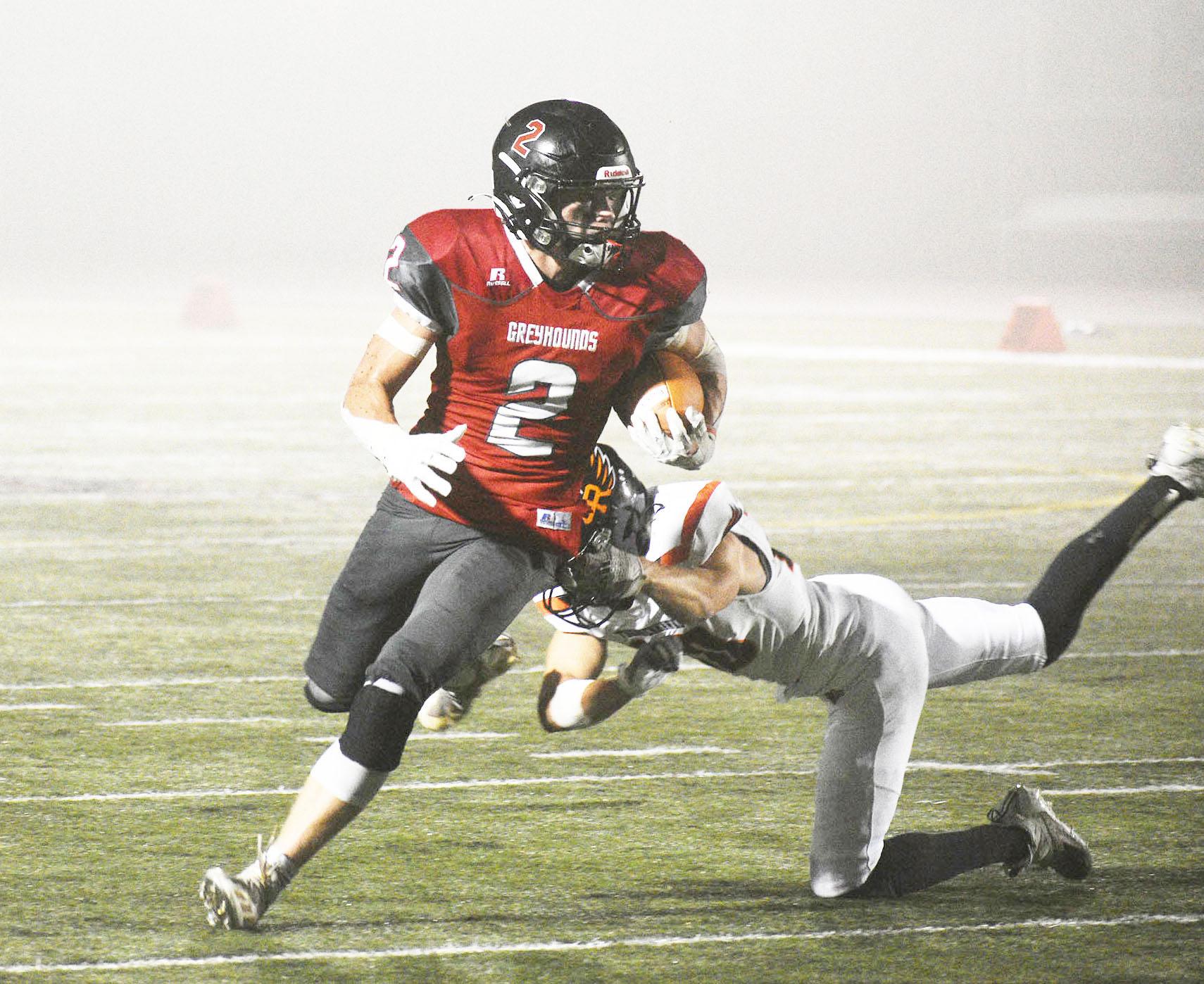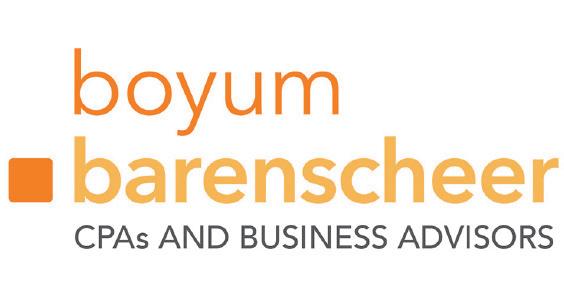
5 minute read
So, you want to play D1 Football? Part II
by PAUL REPPENHAGEN
This article is second in a series by Paul Reppenhagen, father of current Texas Christian University player Ben Reppenhagen. His articles will discuss the recruiting process for those wanting to play Division I football.
Advertisement
In my previous article I talked about how you go from high school standout to D1 commit or walk-on. I outlined some of the key questions you need to ask yourself like: “Do I really want to play D1 football?”, “Do I have the necessary combination of size and skill?”, “What am I really willing to give up to play D1?”. Furthermore, I offered some data to highlight where MN stands in terms of generating D1 FBS players. In this article I get into more specifics about the recruiting process – things to do, things to avoid, tips to consider.
First, if you want to play D1 ball, you’ll need to look at the situation from a college coach or recruiting coordinator perspective. You’re one of thousands of players trying to get their attention and land a spot. College football recruiters are extremely busy and have a lot of responsibilities and stress. Yes, they are certainly motivated to find talent but if you are waiting on them to find you, you may be waiting a long time. They don’t have time to sort, sift through, and reach out to all prospective players. Think about it; if one hundred recruits each send a 2-minute highlight reel, that’s almost 3 and half hours of a coach’s time just to watch all of them once. Trust me, they don’t have that kind of time. Here are a few things you can do to increase your odds of getting their attention
1. Network to find someone that has some connection to the university. Coaches are more likely to look at you if you are introduced to them via an alumni, former player, professor, friend or acquaintance of the coach, AD, or administrator. You’ll be surprised at what a small world it is when you start asking around if anyone knows someone at so and so school. Get comfortable asking people you may not know to send a note on your behalf. Believe me, it works! For example, Wake Forest was on the short list of schools my son was interested in attending - Great academics, smaller student body, Power 5 sports. But Wake Forest doesn’t recruit in MN. They have plenty of access to talent down in the SE part of the country. Through networking, we found a work colleague of a friend that was good friends with the Wake Forest AD. We were able to parlay that connection into and introduction, more correspondence, a visit, and an offer. Don’t discount the power of your network.
2. Plan on reaching out to multiple coaches and coordinators. Head coaches, OCs, and DCs, aren’t necessarily the only ones choosing players. Often, position coaches are the ones making player recommendations. Also, don’t be shy about communicating with multiple different position coaches. You may be a LB in high school but could play TE in college and the TE position coach is short on recruits. You want to ensure you have explored all your options. If you are too tied into playing one specific position, you’ll limit your opportunities.
3. Make your correspondence personal. Don’t send form letters or emails. Coaches see right through those and will dump your note right in the trash. Find out where the coaches played ball, where they are from, where they went to school. Write something that demonstrates you took some time to research them and the school. Yes, that takes more time but quality matters here. A coach is more likely to respond to someone they see has put real time and effort into their letters and emails. Also, don’t hesitate to send letters via snail mail or, better yet, Fed Ex. Trust me, everyone likes to open personal mail addressed to them. In a world overloaded with email, texts, and IMs, an old-fashioned letter/ package can break through the clutter and get a coach to read your stuff.
4. Follow up. Most kids send an email and never follow up on it. That simply will not work. If you’re going to take the time to personalize a note or letter, do yourself a favor and follow up on it. Keep following up on it until you get a response. Try following up by telling the coach you watched their game and was impressed with the team’s toughness. Or, simply congratulate them on a win. If you don’t follow up, coaches think you aren’t serious. Demonstrate your commitment by following up with notes, phone calls, texts, whatever it takes. Eventually, they will either answer you or just tell you they aren’t interested. Be persistent with it.
Secondly, keep all your options open. Believe me, the coaches are certainly going to do that. Don’t think a verbal offer or interest as anything more than it is – words. And let’s face it, talk is cheap. There are lots of very trustworthy and ethical coaches out there. But unfor- tunately, there are some that just take advantage of kids/parent’s naivety. Coaches pull offers at the last minute, go back on their words, and leave kids in the lurch all the time. Don’t stop pushing until you have something in writing or are 100% confident you’ve locked down a spot on the roster. My son had an offer from UPenn. We met with their head coach and he said he would be calling in a few weeks for our final commitment. He gave us his word. When we hadn’t heard from him, we followed up. When we finally were in touch with the coach, my son told him of his commitment only to find out they gave the spot to someone else. Very disheartening.

Thirdly, visit the schools that are showing interest. You can’t tell what a school or facility is like simply by the pictures on line. Ask to visit the stadium, the locker rooms, the weight room, the dorms. You’ll be spending a ton of time at the athletic facilities and you want to know what they are like. Find out what they feed you, what amenities are available to you, what the training room is like. Ask to meet with the coaches. You can tell a lot about a coach’s interest in you when you are sitting in front of them. Ask direct and pointed questions like, Do you see me starting here?, What concerns do you have about me as a player?, Do you have any intention of pulling my offer (even if you are a walkon)?, What guarantees do I have I’m on the roster, etc. You might be uncomfortable asking those type questions but do it anyway. Believe me, the coach will appreciate them if he is serious about you.
In summary, take your recruiting seriously. Be very intentional with how you go about it. Playing D1 ball is a big commitment and it takes real effort to get to that level. Doing the things mentioned above will most certainly improve your odds of being noticed. Let’s face it, those with superhuman talent don’t have to work all that hard to get noticed. If you are reading this article, chances are you are not one of those freak athletes. You’re going to have to work for it. But, when you get that offer, when you get a coach interested in you, when you know you’ve got a spot, you’ll forget all about the work it took to get there. It’ll be a happy day for sure!
In my next article, I’ll touch on what happens after you have committed and have a spot on the roster.










